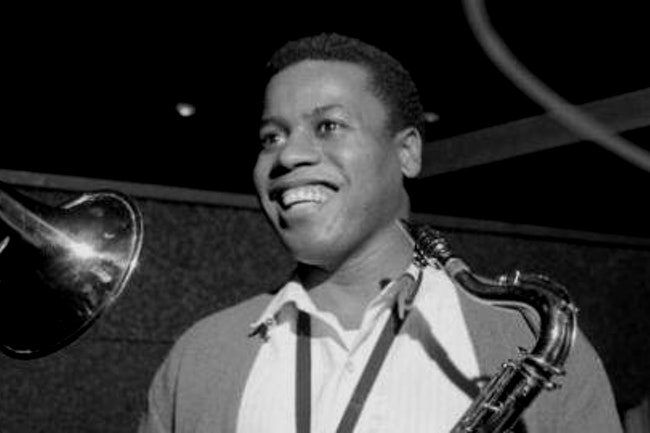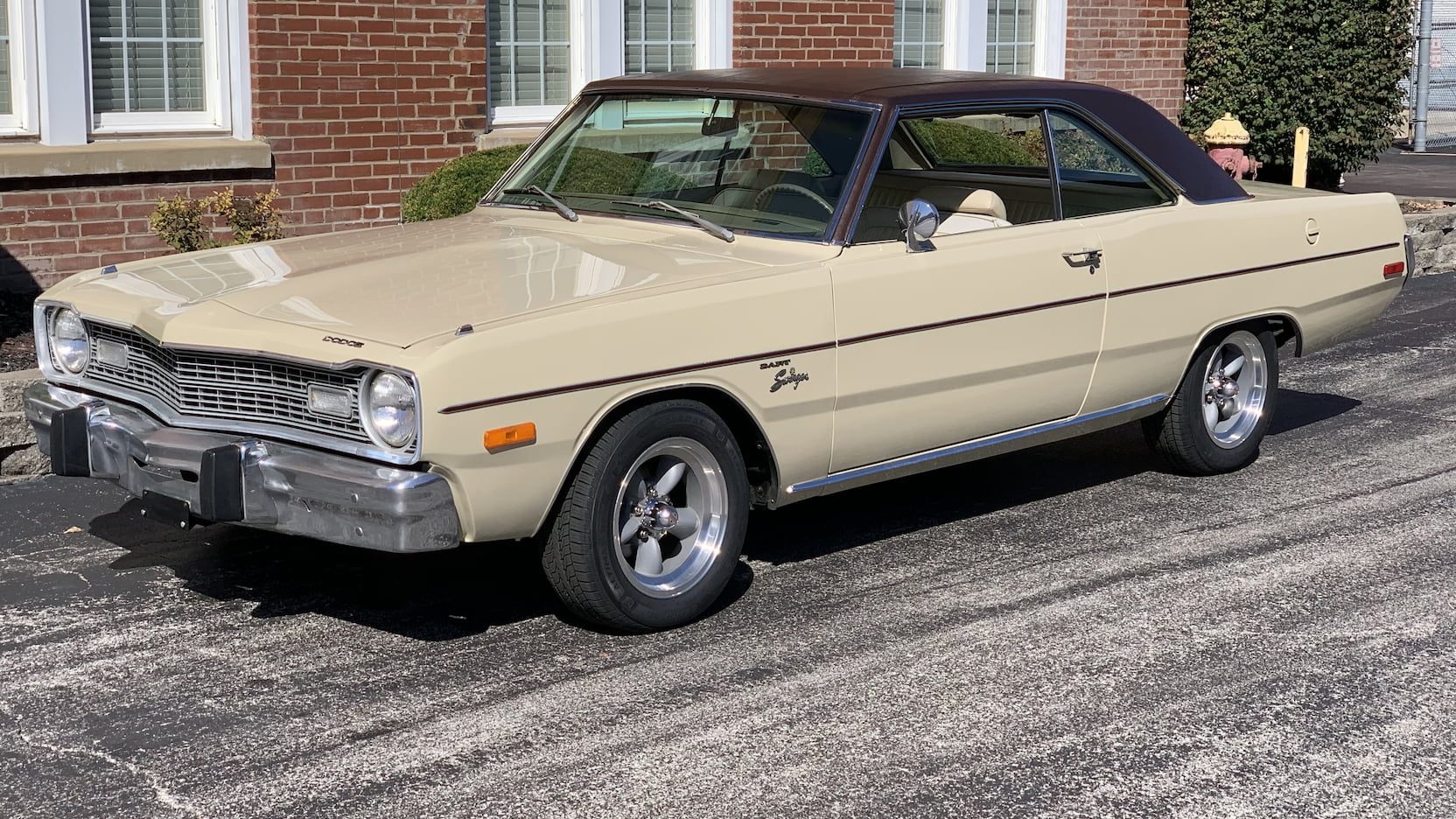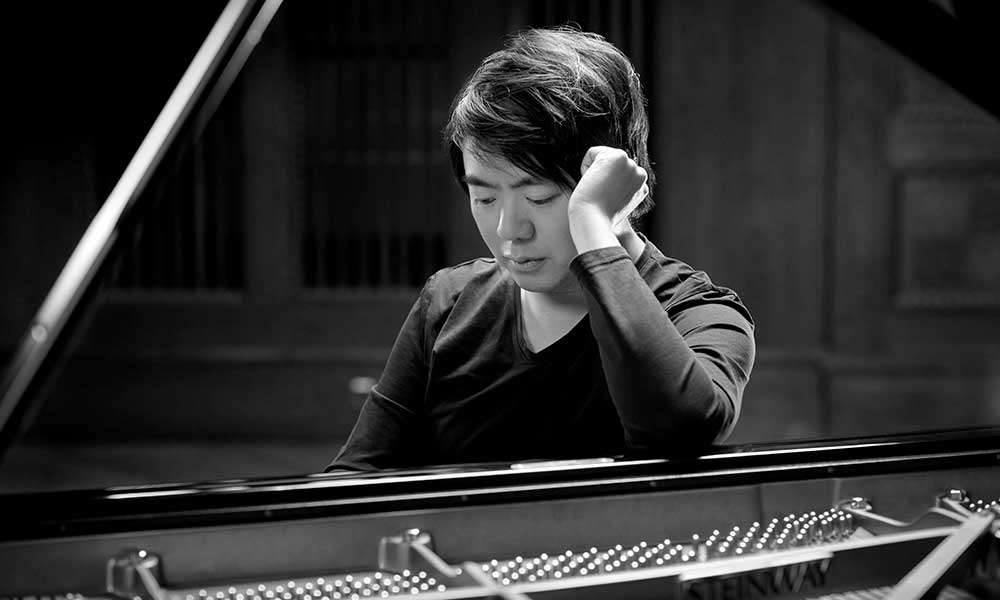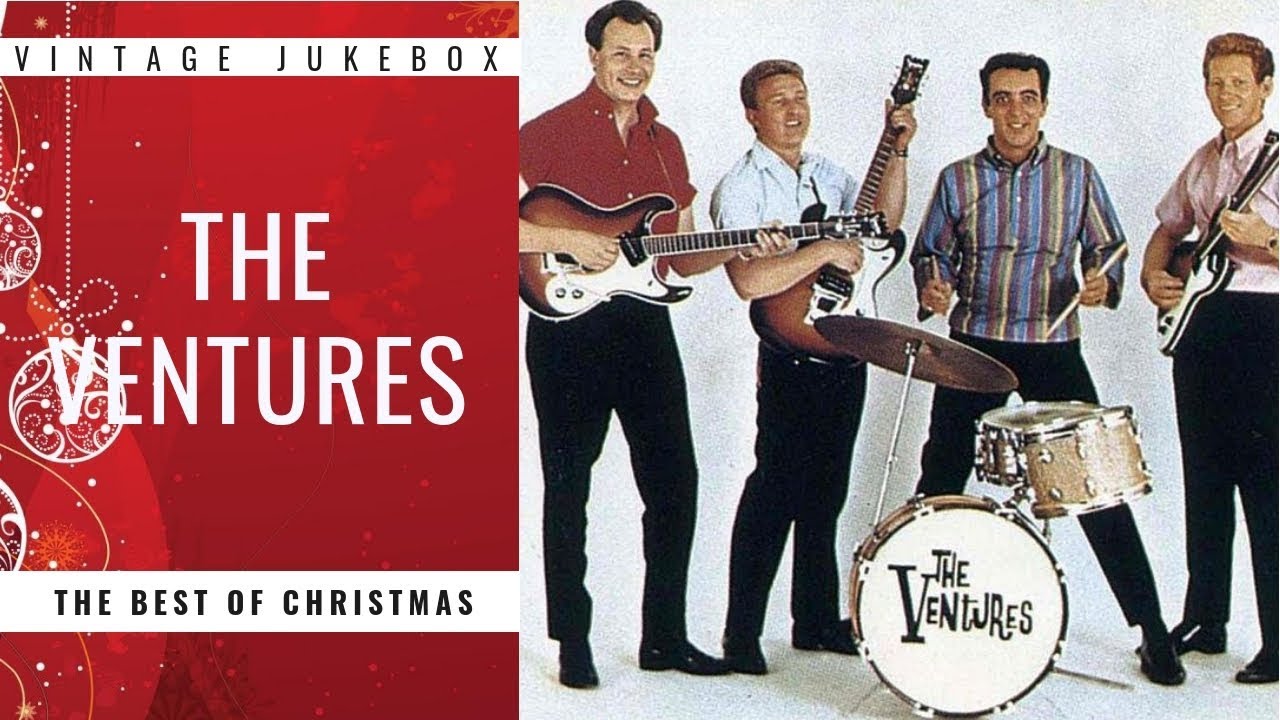There is a point in every career where it is clear that alone, not only can the work not be accomplished, it will not be nearly as Valuable and rewarding. For me, it was always that way. In High School Debate I had a partner. My first job at Texas Instruments was shared with a partner who handled “business” software while I handled the technical programs. The remainder of my time there and well into IBM, I shared offices and roles with peers, some easier than others. Not everyone makes that shift, and there are many singular leaders who give the impression that it is all about “them”, and occasionally their Values of “the cult of personality” can survive and persist… but at what cost?
Organizations Value hiring the “best and brightest” – the A students who excel in classes that are typically focused on individual performance. In fact, most universities have an Honor Code that prevents partnering on homework. Stepping into careers, that competition is often used to accelerate ideas by putting teams into conflict – the “best” ideas rising to the top… often pushing the most competitive along with them to the top. Is it any wonder that I am now often engaged with Teams who have no idea how to Value partnership? According to a recent Leadership IQ study of more than 300 U.S. companies and organizations, almost half of newly hired employees fail within 18 months, due mostly to poor interpersonal skills, inability to accept feedback and lack of motivation.
It was easy to pick who would be the band member for partner this week. Born and raised in New Jersey, he was encouraged by his father to take up the clarinet, while his older brother played the saxophone. He studied music at Newark Arts High School before getting a degree in Music Education from NYU in 1956. From there, his real education came from a list of people that is a who’s who of jazz through the last 50 years. This is not a complete list but just a few – Maynard Ferguson, Horace Silver, Art Blakey, the 2nd Miles Davis Quintet with Herbie Hancock. In that setting, Herbie commented, “Wayne was one of the few people who brought music to Miles that didn’t get changed”. Let that sink in…
He was also a session player for Blue Note and partnered with Freddie Hubbard, McCoy Tyner, Donald Byrd, and with Zawinul on Bitches Brew with Miles. He was one of the founders of Weather Report and wrote many of their major compositions. He continued even after Weather Report to be one of the major forces of jazz until this day, and we could easily explore just his compositions for a week or more… but, for this week, it’s enough to say he was the glue that helped cement Weather Report into the band that moved Fusion into the mainstream during the ‘70s.
I was honored to have my daughter go through a business program that years later I was able to teach within. The Dean realized that business was all about cooperation … and that it was not a part of the curriculum. He pioneered the idea that the fall semester of the Junior year – the FIRST real year of business classes – would be taught as a 12-hour class. Marketing, Accounting, Finance, and Operations. The first amazing concept is getting 4 professors to actually grade together 😉 More amazing is that the grades were given to teams of 4. A group grade… no exceptions. Together they did every project, and as a result, they lived the Value of Teamwork…. Whether they liked it or not.
When I went to recruit students to join us at Freddie Mac, the questions that HR asked us to use included the classic behavioral questions: Tell me about a time when a teammate let you down, or didn’t come through, or offered some keen insight you had missed. These students had real answers … to these real-world questions. The Dean commissioned a study of alumni 10 years into their careers in that “real world”: 43 percent of recruiters said turnover rates for JMU grads are lower than those from other schools. Fifty-six percent also noted JMU graduates had better overall job performance, 61 percent noted JMU grads’ better team skills, 59 percent said JMU grads had better interpersonal skills, and 75 percent listed JMU as one of the top three universities from which they hire their best talent. The Values were something that were not just discussed, they had been practiced long before the real world needed them.
Wayne Shorter was always known as the partner who would bring not just his best, but bring out the best in all around him. He was sought out for sessions and groups because he understood how to partner with different genres, styles, and artists – flawlessly. How are you developing the partnership skills that will be required in the world that is becoming a different kind of real? Are you one of the disciples of the cult of personality, or do you set up groups as teams that you help work as partners? I believe now we need to journey along a new path – one charted with Values by Wayne – a Mysterious Traveler.




